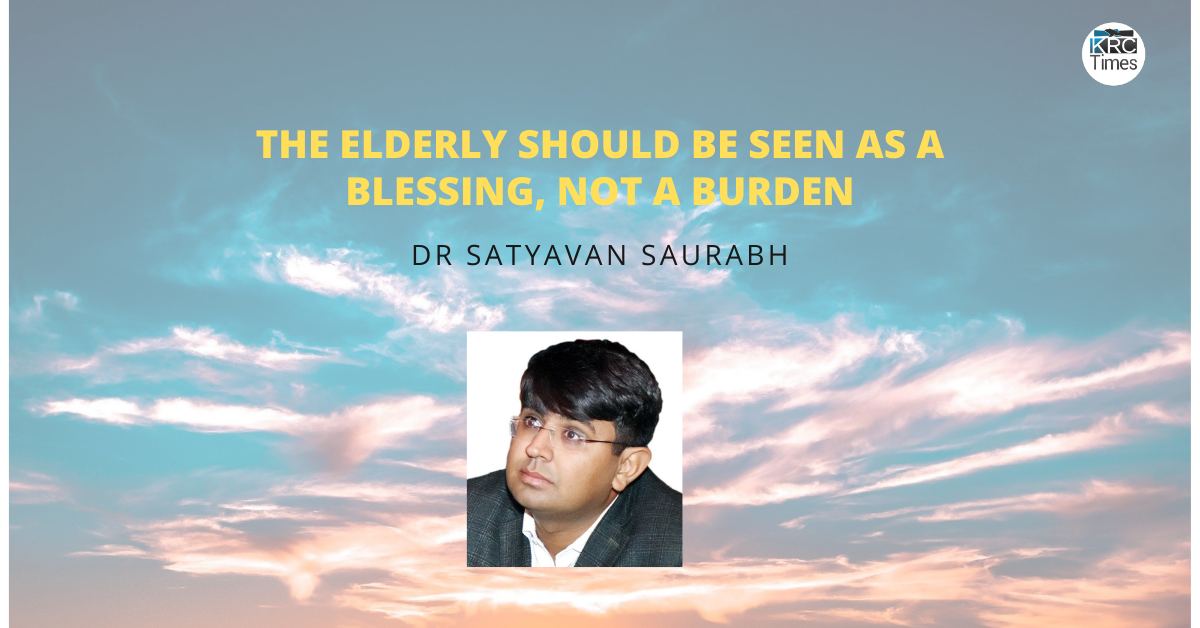It was a chilly winter in January 1958, we were in Nampong, the last town in the eastern corner of India which shares a boundary with Myanmar, for a few months only. We, two brothers, were just simply kids of only five and seven years old, and thus, cannot recollect all happenings of those days very clearly
 KRC TIMES NE Desk
KRC TIMES NE Desk

It was a chilly winter in January 1958, we were in Nampong, the last town in the eastern corner of India which shares a boundary with Myanmar, for a few months only. We, two brothers, were just simply kids of only five and seven years old, and thus, cannot recollect all happenings of those days very clearly. Sadly, my other family members of those days, my dear parents, and even my elder brother have also left me alone here, none to share my part of the story of those days or to put the same in its correct perspective. My father was an Engineer in CPWD responsible for maintaining the famous Stilwell road up to the Indian border at Pangsau Pass and the buildings in the locality. Owing to frequent landslides and harsh working conditions the pass ( Pangsau Pass ) was nicknamed “Hell Pass” during WWII and a place known as “Hell Gate” is located in the town near the river in the town used as a Customs gate for checking /immigration etc in those days. We visited the town again in 1961-62 and so, know the place better being a bit older.
One day in January 1958, in the late evening, a vehicle, mostly one one-tonner Bedford model, stopped on the road near our colony after a long interval of a few months. In those days, NEFA had a single-line administration. It means the Political Officer, the head of the district, was the sole authority on all matters of all departments. A common watch was always there on those days, maybe to my mind only, on every government official, contractors as well as common or important local personalities. Even if an employee criticized the local administration or did not pay formal respect to PO/APO/BS( Circle Officer) or did not attend National Celebration Days, he would be penalized for that by this or another way. As a last resort, in case of an outsider, he might be asked to leave the place immediately by canceling his Inner Line Permit, if something serious was found against him. It was simply a British legacy.
I remember one such incident. One day the Political Officer was to come for a visit to Nampong from his HQs. Since there were only a few employees in the town of four to five departments, they were advised to be on the roadside leading to the Base Supdt(BS) office to put their hands together as a token of respect to him. The vehicle came and passed by them, but, only the driver returned the greetings instead of another man sitting in the front. All were surprised if they had missed the train. Later on, they were assured that the PO himself had driven the vehicle and so, he took the greetings, and the other man was his junior officer. I heard the story from a discussion in a later period. All vehicles were from his department only. Even when I joined a school in Subansiri in 1973, I had to join in Dy Commissioner’s office only.
My parents, for a long time, had been looking for a vehicle for sending us to a school in Margherita, Upper Assam. My father, on that evening only, could contact the BS office and learn that on the next morning at around 1000 hrs, it would go back to HQs via Margherita and that we could be accommodated in that vehicle. On the next morning, we two and our father boarded the vehicle with our clothes and bedding in a hold-all for us with everything new including a new quilt. We were taken to one of Sri Talukder’s residences in the Telephone Exchange complex at Margherita. Sri Talukder was my father’s friend. On the next day, he took our admission to a local Bengali school, LokapriyaGopinathVidyalaya, in class I and class III. His children were also in the same school. The family had one daughter and two sons, we all were below ten years only. In the night we two found ourselves in the company of the rest three others under a big quilt on a big platform-like bed while the lady of the house quietly went under the new quilt with her husband in the bedding that we had brought in the morning in an adjacent room. However, we were very happy in the new dispensation with new friends, new classmates, and a new business altogether. It was a mild winter of January in plainland and everything was too cozy and soothing. In the morning we all would go to school in a line passing by the Margherita Rly station and then crossing it at a small distance. It was thrilling to go through the Rly station looking all around. At that age everything was refreshing.
However, within a month or so, my father managed a Govt quarter at Old Colony, at a distance of about half a KM from my school and my mother came down from Nampong to stay together in that quarter. We had to come to school walking by the side of a Rly line. I still remember one incident at that time. One day my elder brother was not feeling well, and so, I went to school alone. It was in Class I. The school dismissed all classes after roll-call following the death of MoulanaAbulKalam Azad, the then Union Education Minister, on the previous day. This was sometime in the first week of February 1958. Since I came back from school at an unusual hour of the day, my mother got panicky seeing me from a distance on the foot track by the side of Rly-line. On one Saturday, I went to school alone without taking any food because I was too angry with my mother for some reasons I do not remember now and came back from the school in its usual hours at about 1400hrs and saw my mother crying at the outside of the complex waiting for me. Today, at this stage of my life, I would love to revisit those days once again, given a chance.
Our quarters were in a long barrack type in one line, the next line was of all kitchens while the last line was of all bathrooms and toilets. These were reportedly constructed during the WWII for US Army. Structures were of tin-shed with veranda on both sides. Four walls were cement plastered on both sides of a bamboo-made mat. One of our neighbours was Sri Mazumder and his family of three sons and one daughter. Unfortunately, his eldest one, Runu, after writing for the Class X exam died following an illness a few days earlier of our shifting to that locality and his ‘shradha'( social/religious rites ) was held in our presence. That was the first time I saw the death, as such, in our adjacent house under a common roof as well as a veranda. It was very painful to see the parents crying piercing through the neighbourhood for their dead son. It was a new and first hand experience for me. On the last day of rites, Sri Majumder was cooking the food himself, in an open oven in the corner of the housing complex outside the house, to be given in the name of the departed soul with the belief that the departed soul would visit them in the guise of a crow and would eat away his food he was fond of. The father was crying like anything while preparing fish fry, and other oil cakes for his dead son. Seeing all this I felt very bad at that age of hardly 5+ and still remember those moments of helplessness of a father. The gentleman was seen sobbing loudly with the dish he had prepared for his departed son, Runu, crying out ‘ My son, Runu, do come and take away the meal I had prepared for you, these are all your favourite fish fries’.
After almost more than six decades, those cries of an unfortunate father haunt me whenever I revisit those days of my childhood when life was too slow, cozy, and fearless. In later days, I have seen deaths of my near and dear ones, but, the childhood memory of those days of innocence still put me into deeper thoughts. Death of a loved one is always a curious thing. We all know that our time in this world is limited and that eventually all of us will end up underneath some sheet, never to wake up. And yet it is always a surprise when it happens to someone we know. It is like walking up the stairs to your bedroom in the dark, and thinking there is one more stair than there is. Your foot falls, through the air, and there is a sickly moment of dark surprise as you try and read just the way you thought of things. It is a journey towards the unknown.
Promotional | NE India Writing Star Contest






